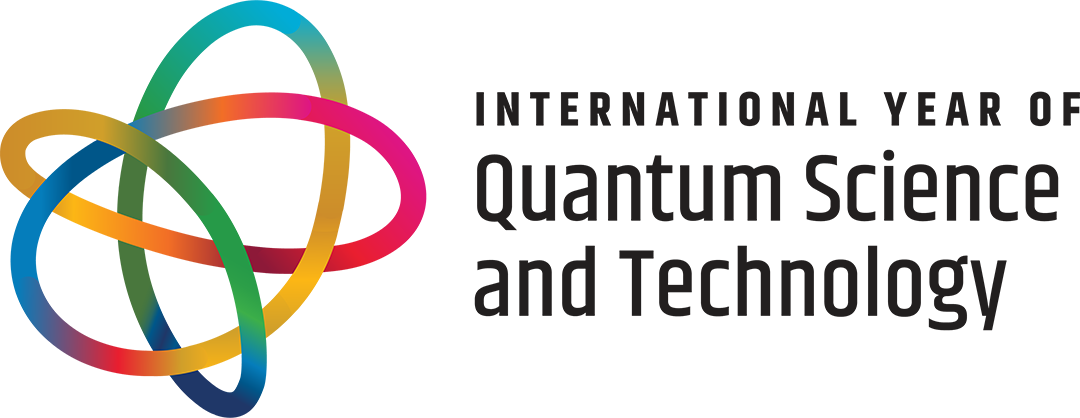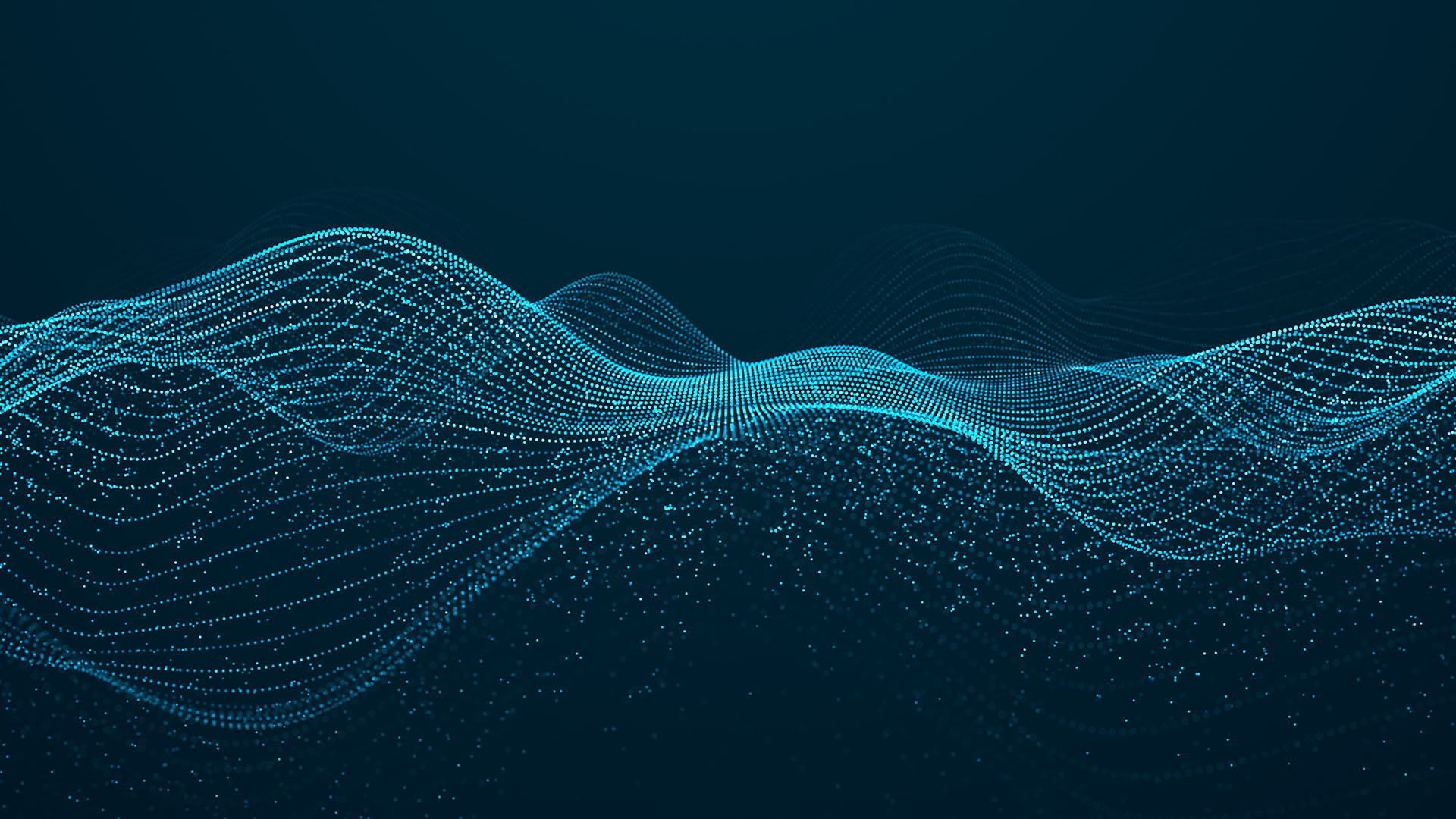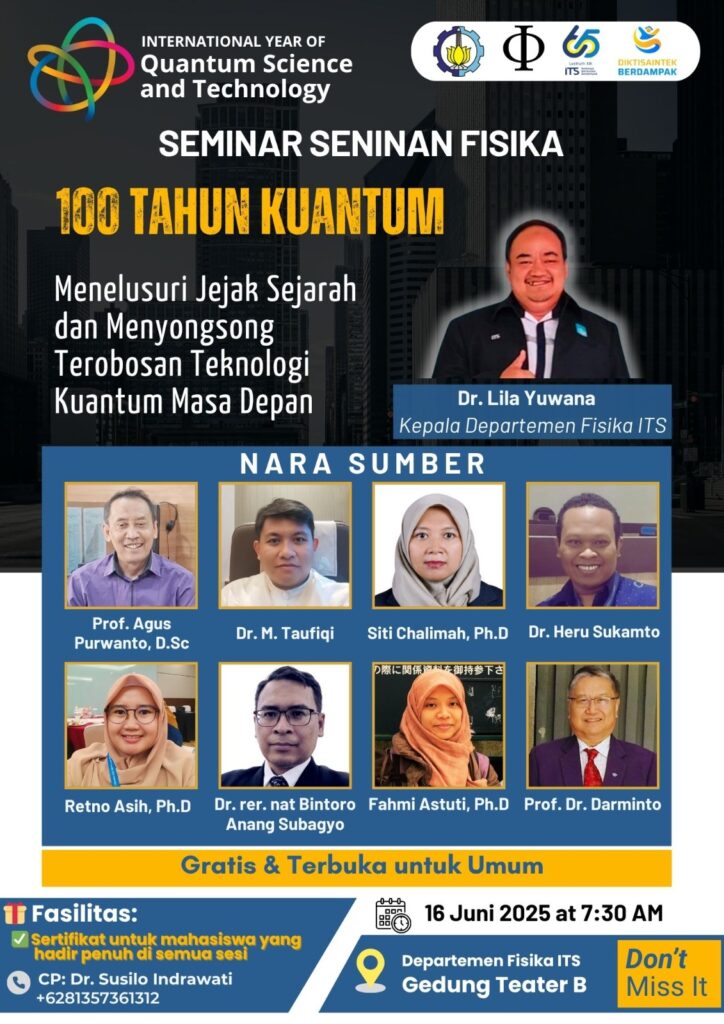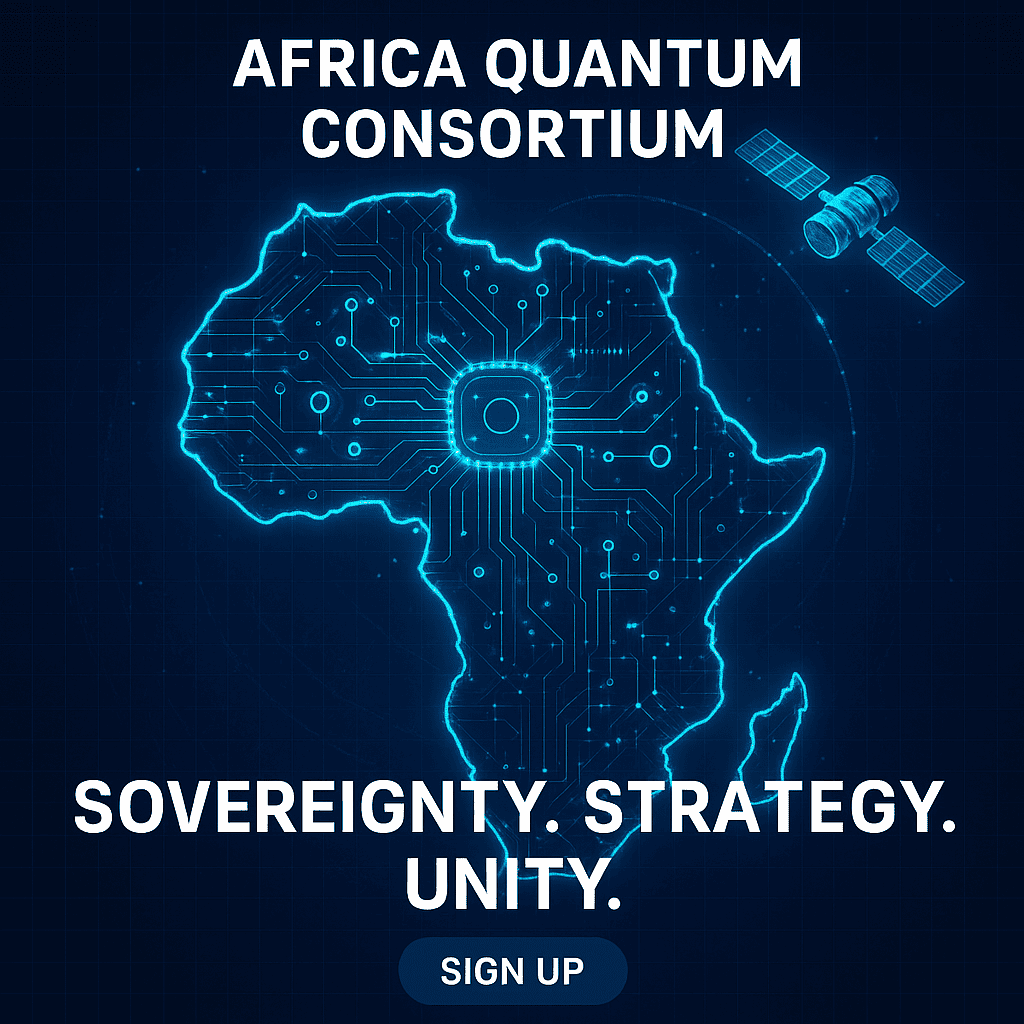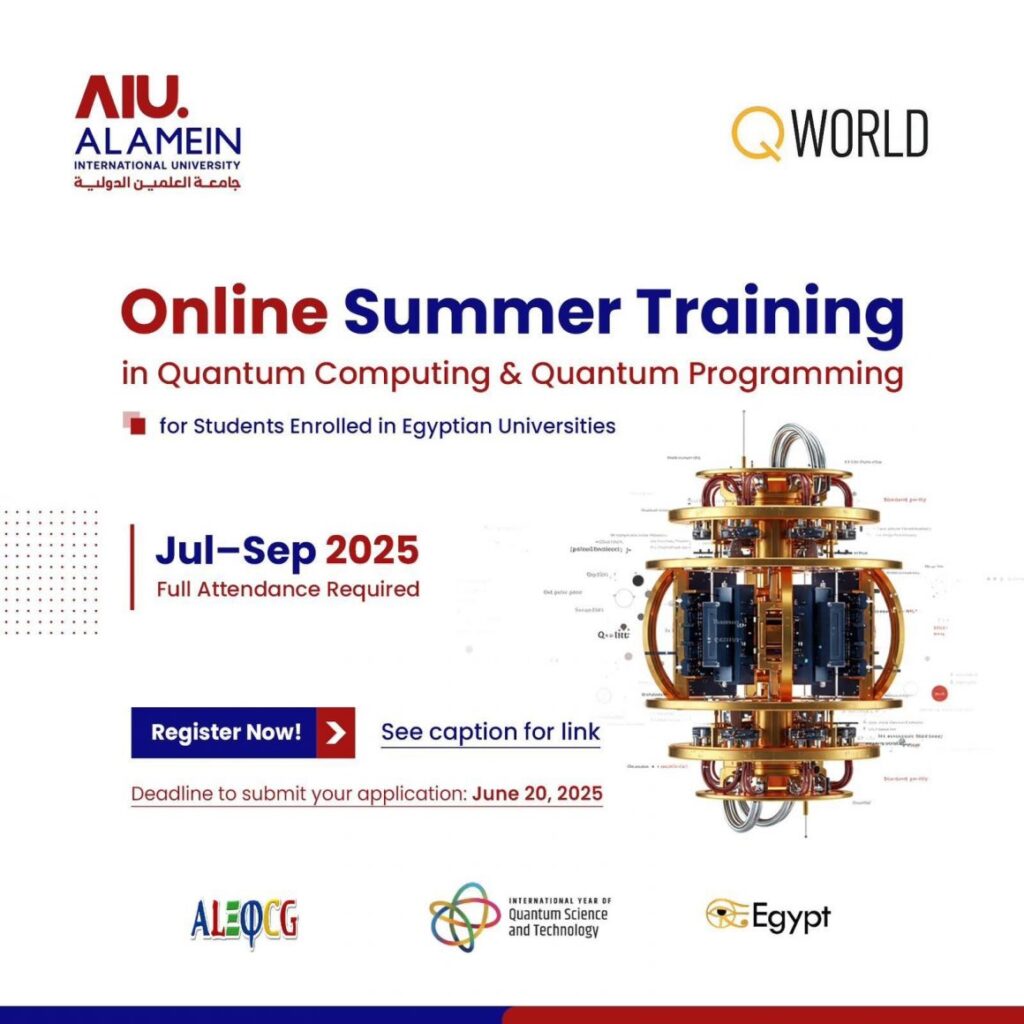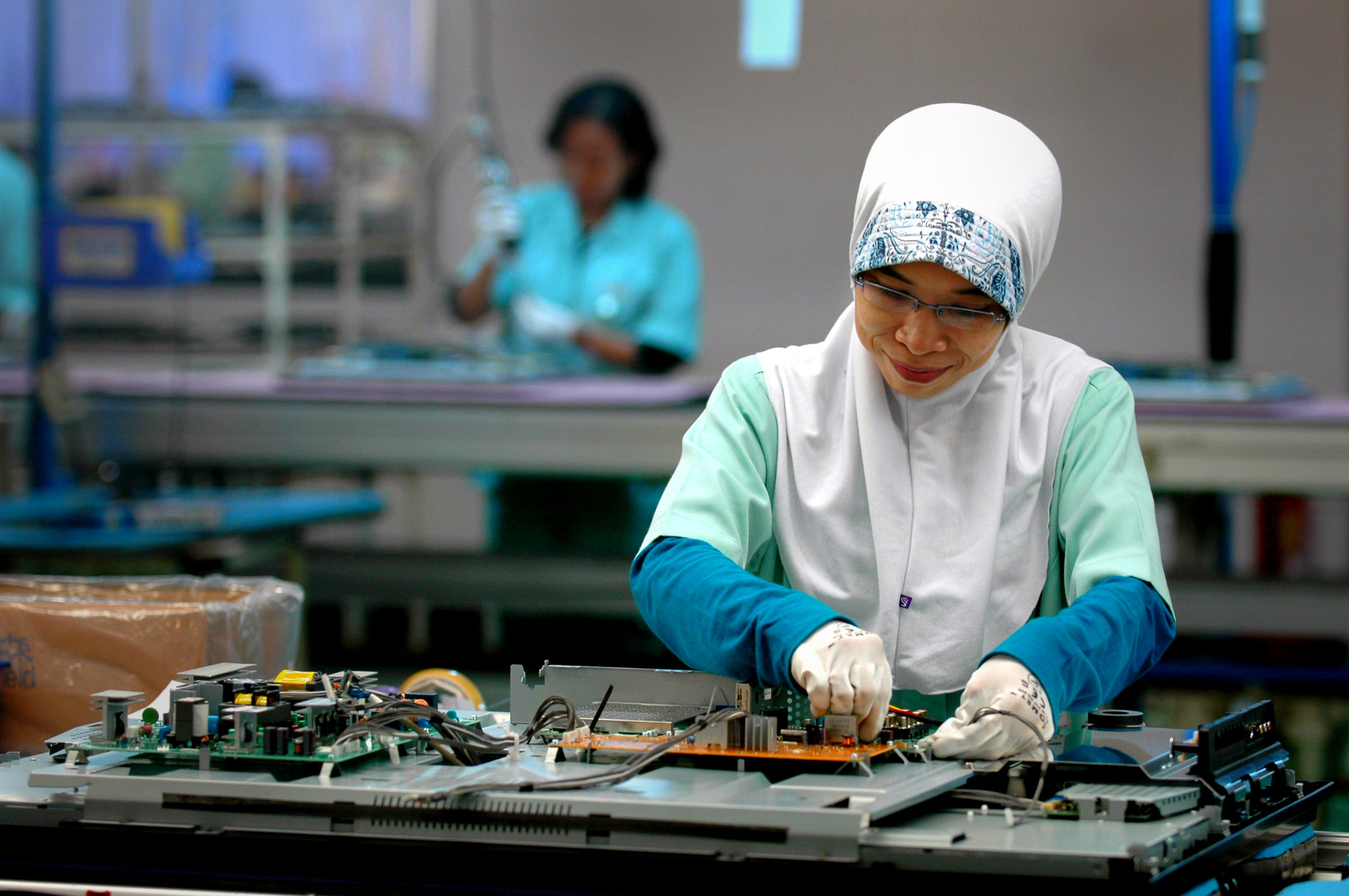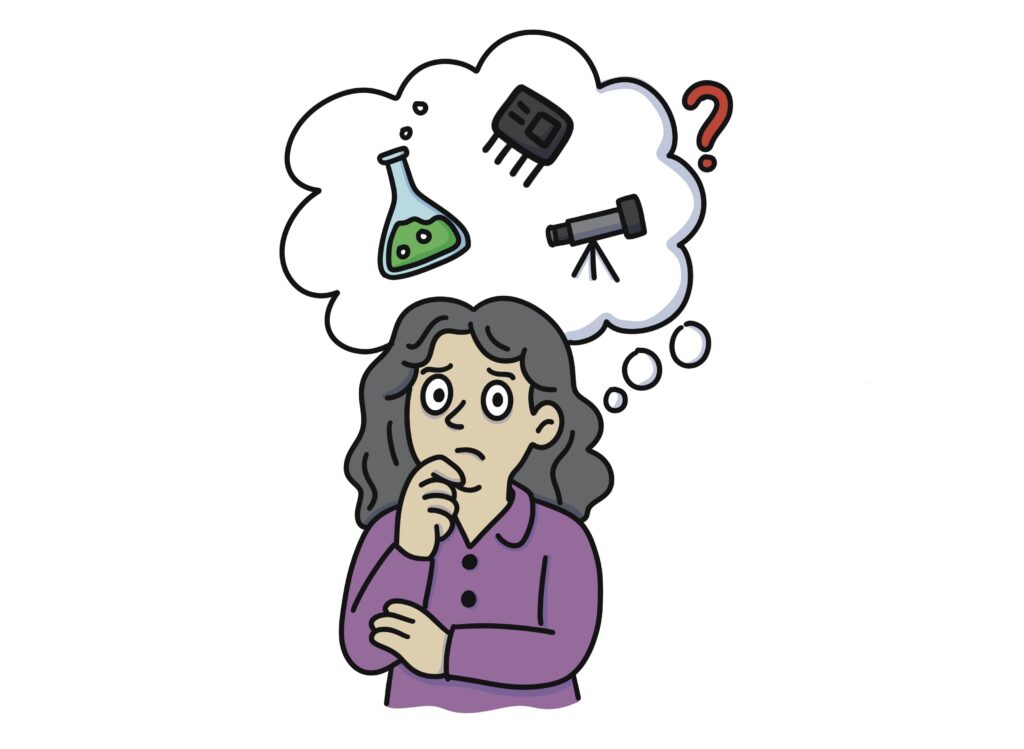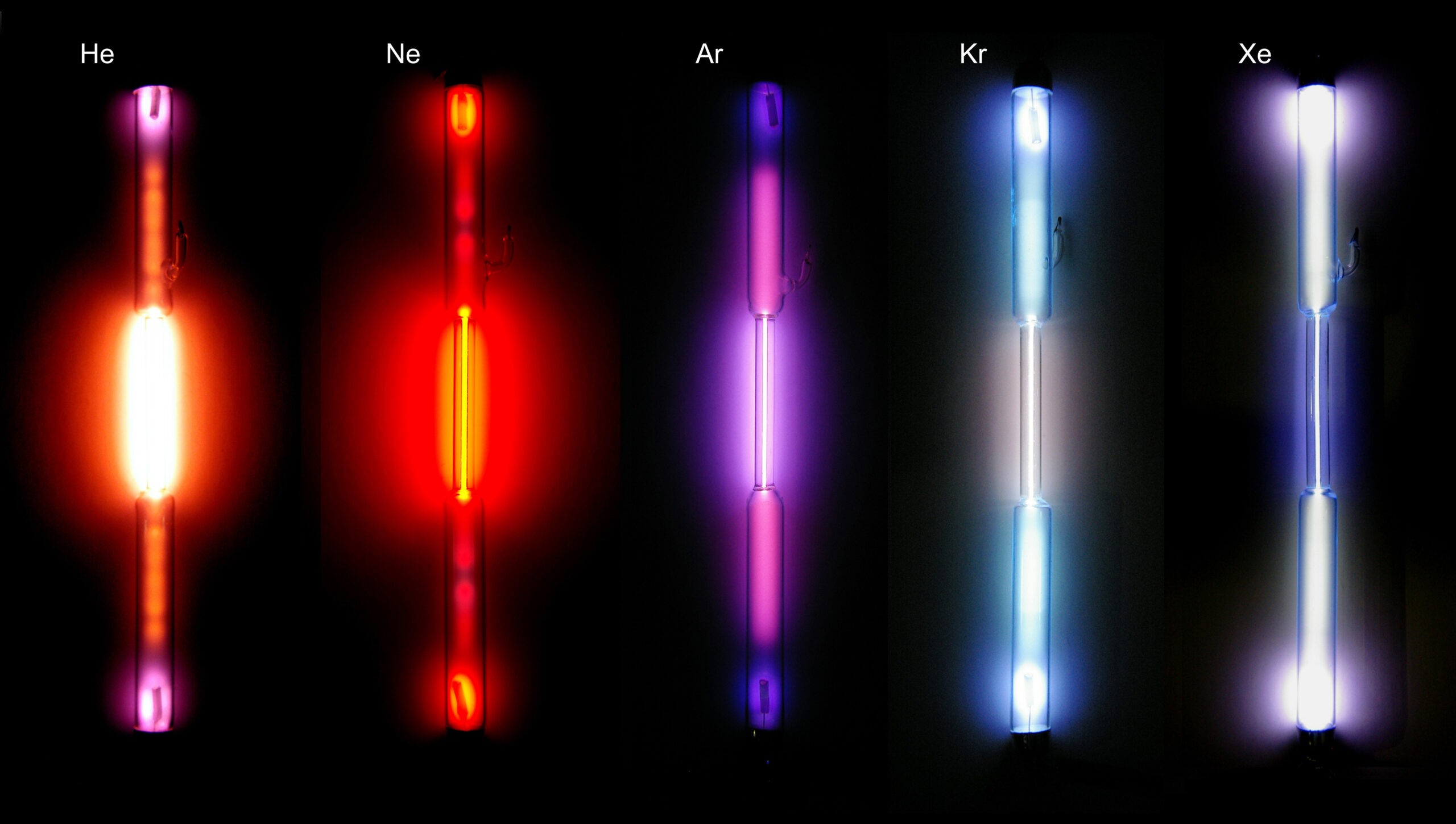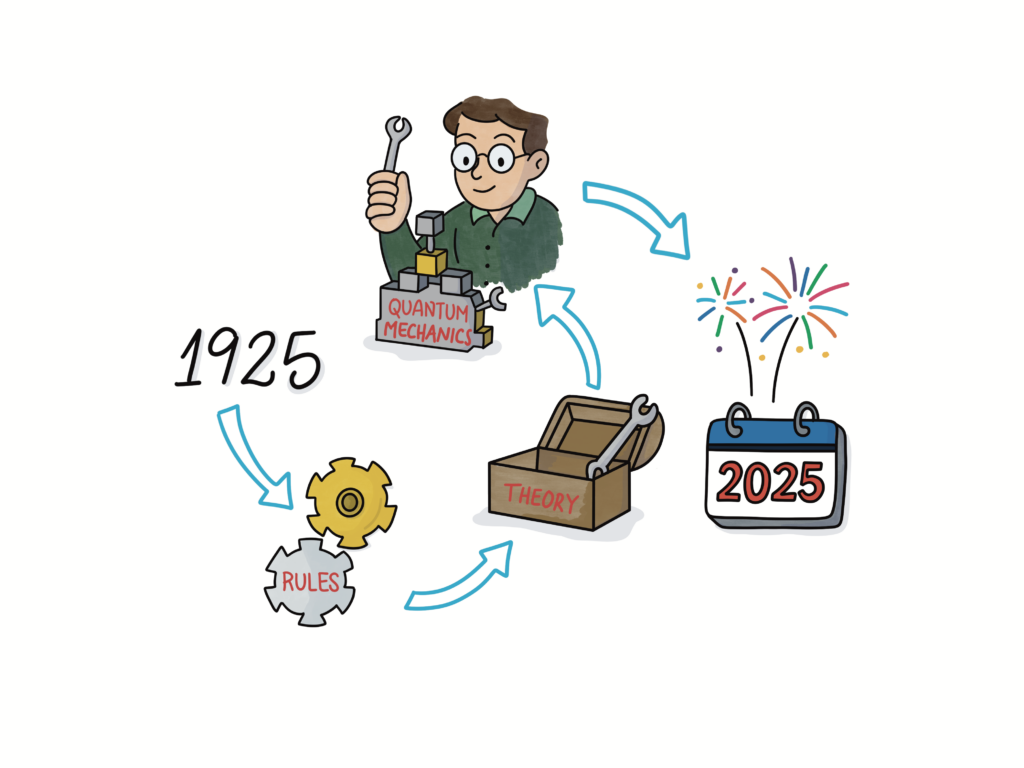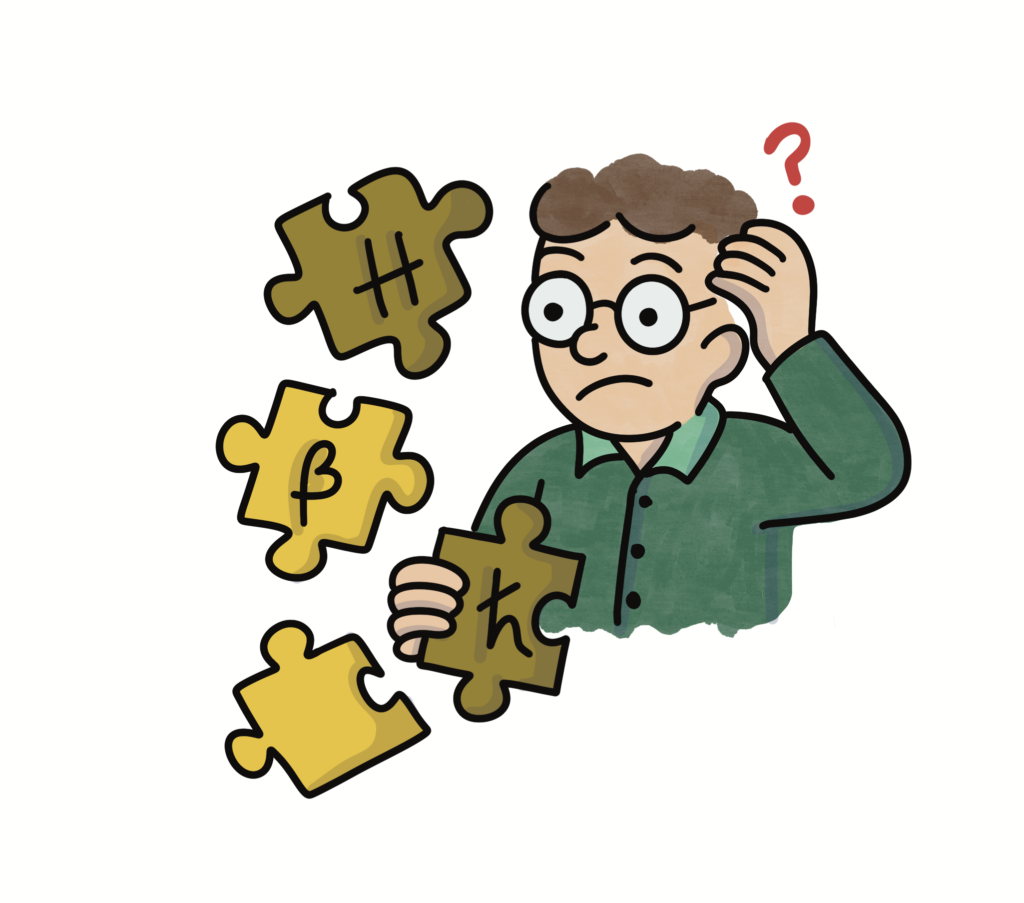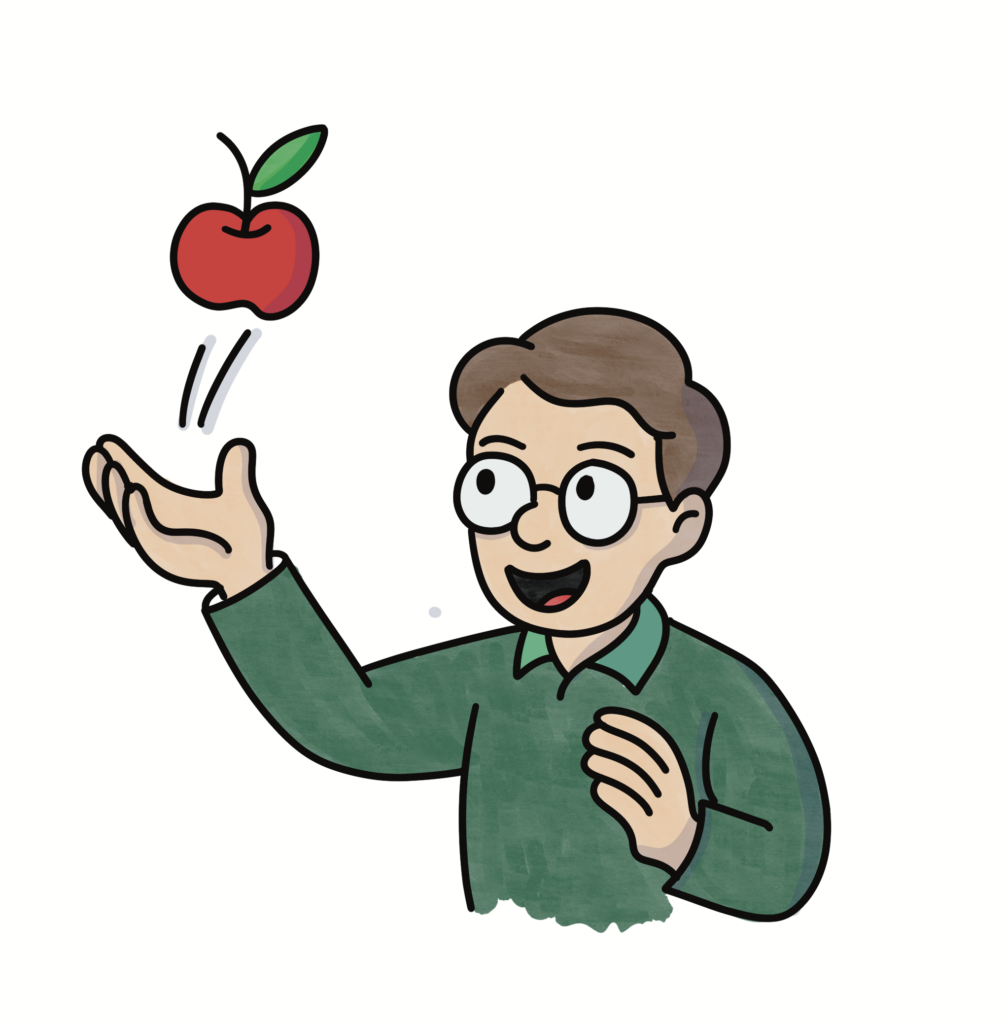Celebrating the UNESCO-declared International Year of Quantum Science and Technology in 2025, the Department of Physics at Institut Teknologi Sepuluh Nopember (ITS) proudly presents the 23rd annual Monday Physics Seminar, the longest-running weekly seminar series in Indonesia, featuring the special theme “100 Years of Quantum: Tracing the Historical Footsteps and Embracing Future Quantum Technology Breakthroughs.” This event, held on June 16, 2025, at the ITS Physics Department, brings together leading Indonesian experts in quantum science to explore the evolution, achievements, and future directions of quantum research, with a focus on entanglement, quantum teleportation, quantum heat engines, quantum optics, and solid-state quantum systems, and many more.
The Quantum Roundtable
Coming This September: The AQC 3Q Quantum Roundtable Showcase Africa’s Quantum and Deep Tech Momentum. This roundtable spotlights breakthrough startups, frontier research, and our bold vision for a deep tech innovation hub rooted in Africa. Global and diaspora partners will chime in as we shape the continent’s next leap. This is where ideas meet action. Pre-register now. Be part of the build.
Building Tomorrow’s Quantum Workforce: Voices of Future Leaders in Quantum
The future of quantum innovation depends on the next generation of talent. In this dynamic closing panel, future leaders in quantum take the stage to share their bold ideas, breakthroughs, and visions for a thriving quantum workforce. Their stories will spotlight the skills, mindsets, and global collaboration needed to unlock quantum’s full potential and what’s needed now from governments, academia, and the industry to empower them.
First Workshop On Quantum Science and Technology
This event on Quantum Science and Technology will take place at the Faculty of Sciences, University of Medea, Algeria, on the 24th of June 2025. The aim of the workshop is to bring together leading scientists in the domain of quantum science and technology to discuss the latest achievements in this field. The event will open the opportunity for PhD students and interested researchers to learn about the new progress in the field of quantum science and quantum-based technologies.
The workshop includes keynote talks and will host a panel discussion with invited scientists who are well-known in the quantum science and technology community worldwide. The event can be attended virtually (online), where participants also have the opportunity to present their works related to the topic of the workshop.
Summer Training Program in “Quantum Computing and Quantum Programming”
Exclusive Online Summer Training in Quantum Computing and Quantum programming for Students for enrolled in Egyptian Universities!
Are you an ambitious student enrolled in an Egyptian University? Here’s your chance to dive into the revolutionary world of quantum computing with hands-on training from leading experts!
Program Highlights
- Practical Learning: Lectures, labs, and real-world projects.
- Expert Guidance: Learn from top institutions in the field.
- Certification: Earn a certificate from QWorld and possibly academic credits (subject to your university’s approval).
- Networking: Collaborate with like-minded peers and researchers.
- Format: Online.
- Duration: July–September 2025 (Full attendance required).
Who Can Apply?
- Currently enrolled in an Egyptian/Arab university.
- Basic Python programming skills (e.g., handling lists, loops).
- Familiarity with linear algebra & trigonometry (vectors, matrices, rotations).
- University approval letter required.
Why Join?
Quantum computing is the future—don’t miss this opportunity to gain cutting-edge skills and stand out in your academic and professional journey!
How Does One Become a Quantum Scientist?
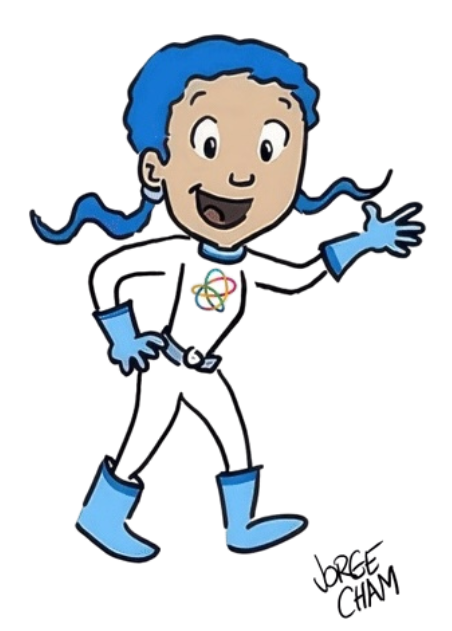
How does one become a quantum scientist?
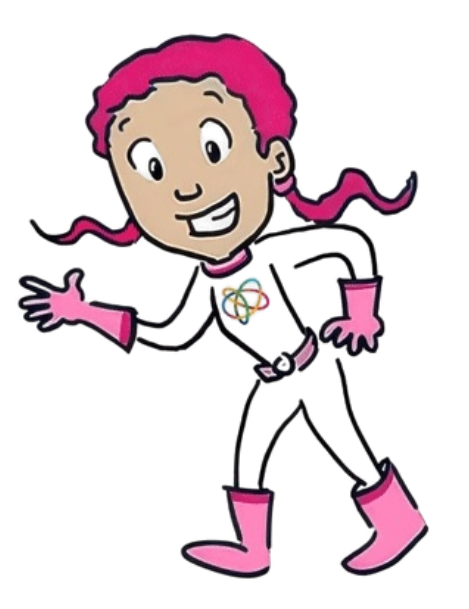
Well, the first point to make is that it would be unusual to find someone with a quantum scientist title or some academic degree in “quantum science.” Since quantum science has such wide applicability, it’s used by lots of different fields of science, such as chemistry, physics, and many types of engineering. People usually get academic degrees in these types of fields, but are learning some quantum science while doing so. If a person gets a degree in chemistry and ends up using a lot of quantum mechanics in their work, they might be identified as a “quantum chemist.”

So, are there also “quantum physicists” and “quantum engineers”?

You won’t usually encounter people with these titles, even though quantum understanding is essential to both physics and engineering. In the case of physics, most physicists use quantum science in their work, some sparsely and some intensively – this is true for subfields ranging from astronomy and astrophysics to condensed matter physics to particle physics. Engineering disciplines where you’ll frequently encounter quantum science include electrical engineering, materials science, chemical engineering, and mechanical engineering.

And are there different subfields of chemistry that use quantum mechanics besides quantum chemistry?

Absolutely. Almost all chemists are concerned with the making and breaking of chemical bonds between atoms, and, among many other things, quantum mechanics underlies the rules of how bonds are made and broken. Some chemists will want to spend a lot of time understanding the quantum nature of bonds as part of their work, while others may not feel the need to. Someone who does biochemistry is less likely to spend time thinking about the things they work on in terms of quantum mechanics, while someone who does physical chemistry is more likely to.

Besides Chemistry, Physics, and Engineering, are there other scientific fields where people learn quantum science?

Yes, people in other physical sciences, like earth science and materials science, can require a quantum understanding of some things. As quantum mechanics can be viewed as a general theory of information, there’s increasing interest in it in computer science as well. This interest is also related to the development of new technologies like quantum computers, which is also an area where you’re starting to see people who identify as quantum engineers. There are also an increasing number of examples of people looking into whether quantum concepts are useful for biological systems.

I gather then that while there are few people who identify as quantum scientists, there are a lot of different types of scientists who use quantum science.

Yes! This is probably not that surprising since quantum mechanics is such a wide-ranging theory and is understood to be the ground rules for the physical world. You would expect that a theory that powerful would be useful for many different types of science. One useful thing about learning more quantum science is that it is knowledge that you can take with you if you go from one field to another.
Written by Paul Cadden-Zimansky, Associate Professor of Physics at Bard College and a Global Coordinator of IYQ.
IYQ mascot, Quinnie, was created by Jorge Cham, aka PHD Comics, in collaboration with Physics Magazine.
All rights reserved.
Illustrations: Solmar Varela
Featured image: Electronics factory worker, Cikarang, Indonesia © ILO/Asrian Mirza
What does “Quantum Mechanics” Mean?

We’ve talked about what quantum means, but what does “quantum mechanics” mean?

Quantum mechanics is a very general set of rules governing the physical world that was developed starting in 1925. The year 2025 was chosen as the International Year of Quantum Science and Technology because it marks 100 years of quantum mechanics. We’ve talked elsewhere about what quantum means; the mechanics part refers to a systematic set of rules that can be widely applied to describe how things move and change.

Do “quantum mechanics” and “quantum theory” mean the same thing?

These terms are often used interchangeably, but a conceptual and historical distinction can be made between them. Historians usually trace the beginning of quantum theory to the year 1900. This is the first time a quantum hypothesis – in this case, that energy came in countable pieces – was introduced in trying to understand a physical phenomenon. It became clear this was a useful hypothesis, but there was disagreement at the time about what its physical significance was. In the period from 1900 to 1925, other physical phenomena were explained using this and other quantum hypotheses. This was a period of quantum theory, sometimes now called the “old quantum theory,” but it was before there was quantum mechanics.

Then what changed to go from quantum theory to quantum mechanics?

In the 1900-1925 period, there was no consistency in how and when to apply these quantum hypotheses to explain experiments and make predictions. Sometimes they seemed to work spectacularly well, which gave many people confidence that there must be something to the idea. But many other times, scientists tried to use these hypotheses to model or predict things, and the model didn’t make any sense, or the predictions were wrong. The point is that there was no systematic way of applying quantum theory ideas to different physical systems. A systematic method would be a “mechanics.”

And this systematic method was developed in 1925?

The groundwork for it, yes. The basic framework and some general sets of principles to follow took a few years to sort out in order to be able to apply them systematically to a wide range of problems. People are even now still working to revise and extend this framework, but many of the core pieces of quantum mechanics were put in place in 1925. The term “quantum mechanics” started to be widely used in the 1920s to describe these systematic rules. It was also a phrase that distinguished this new mechanics from what’s now called “classical mechanics.”

What is “classical mechanics”?

Classical mechanics, or sometimes just “mechanics,” is the framework for describing the motion of massive objects that was initially developed in the 17th century. This framework is a set of general rules that can be used to describe how planets orbit the sun or the rate at which a dropped object falls to the ground.
Yes, exactly. The rules of classical mechanics are still very useful and often easier to use than those of quantum mechanics, but quantum mechanics is an even broader theory that, in many scientists’ assessments, supersedes the rules of classical mechanics. One way to put it is that by the end of the 19th century, scientists thought they had a good, systematic theory for how matter moved around – that’s classical mechanics – and a good, systematic theory for how light worked – this is the electromagnetic wave description of light. However, there were a number of puzzles in trying to understand how light and matter interacted with each other. In the period from 1900-1925, some of these puzzles seemed to be solved using quantum ideas, but there was no systematic understanding of how light and matter interacted in all cases.

Not only did quantum mechanics provide a full description of how light and matter interact, but in doing so it dramatically revised our understanding of light and matter and the rules governing each of them. The earlier “classical” rules governing matter and light were revealed to be only approximations of a richer, quantum description of matter, light, and their interactions.
Written by Paul Cadden-Zimansky, Associate Professor of Physics at Bard College and a Global Coordinator of IYQ.
IYQ mascot, Quinnie, was created by Jorge Cham, aka PHD Comics, in collaboration with Physics Magazine.
All rights reserved.
Illustrations: Solmar Varela
Featured image by Alchemist-hp www.pse-mendelejew.de.
A Quantum Celebration on World Quantum Day
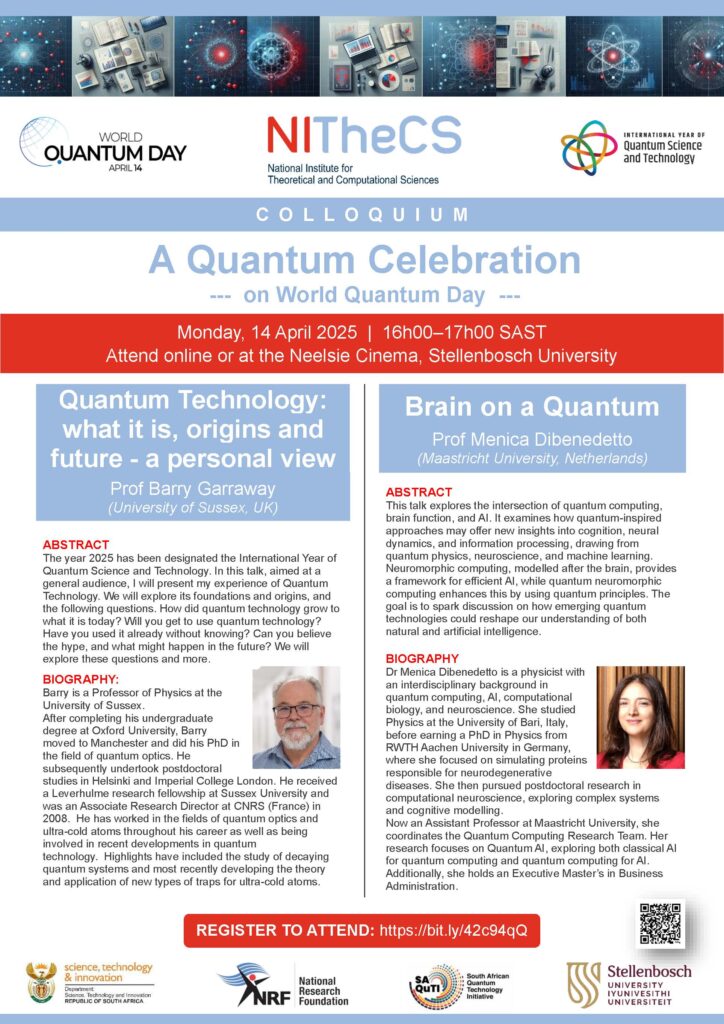
Modeling and Simulation of Open Quantum Systems: Purified Pseudomode Approach and its Extensions
Accurate characterization of the environmental effects on a quantum system remains a fundamental challenge in the theory of open quantum systems. In this talk, I will introduce the purified pseudomode approach developed by us recently. This method allows for efficient modeling and numerically exact simulation of general linear-Gaussian baths. Extensions of this method to model bath input-output and nonlinear system-bath interactions will also be discussed.
Implementation of a Groundbreaking 12,900 km Ultra-secure Quantum Satellite Link Between South Africa and China
Quantum Key Distribution (QKD) has emerged as a revolutionary technology for secure communication, leveraging the principles of quantum mechanics to ensure unbreakable encryption. Recent advancements in space-based QKD have enabled global-scale secure communication by utilizing microsatellites as cost-effective and efficient platforms for key distribution. Here, we will be presenting our recent groundbreaking results on the first quantum satellite link implemented in the Southern Hemisphere and the longest intercontinental ultra-secure quantum satellite link of 12,900 km between South Africa and China.

